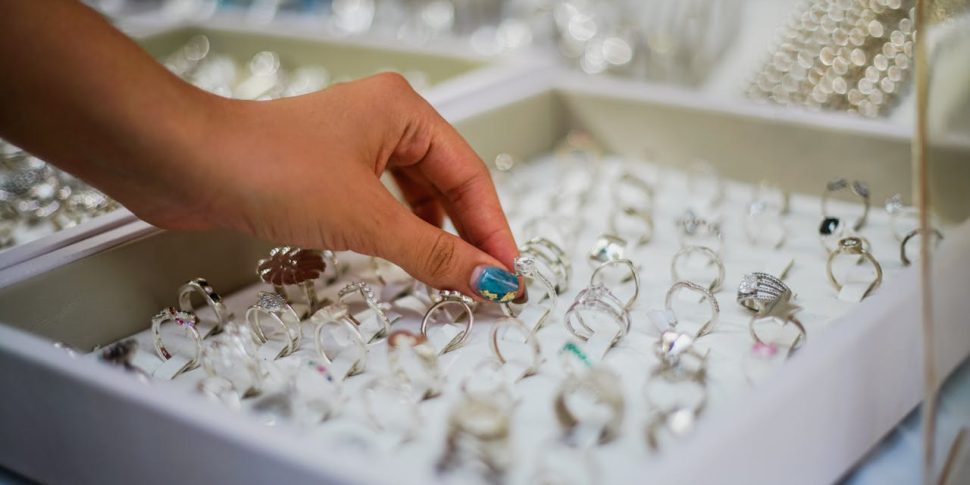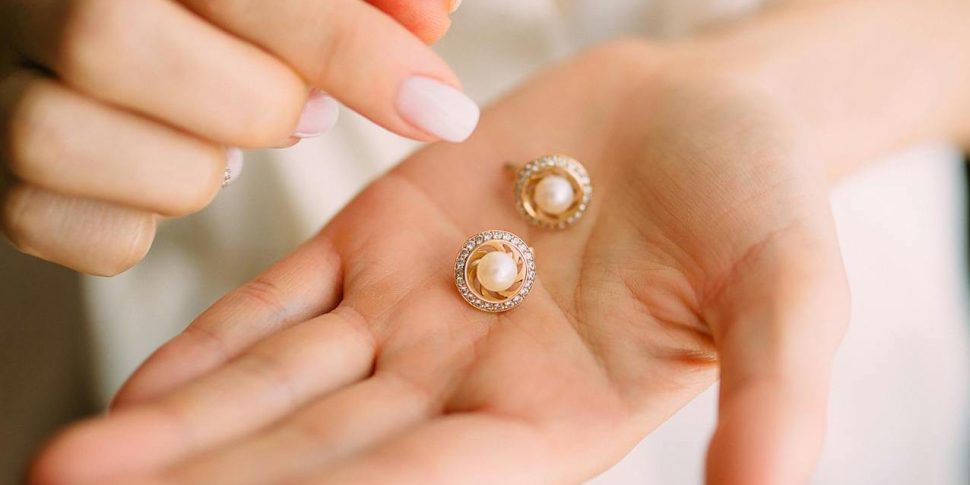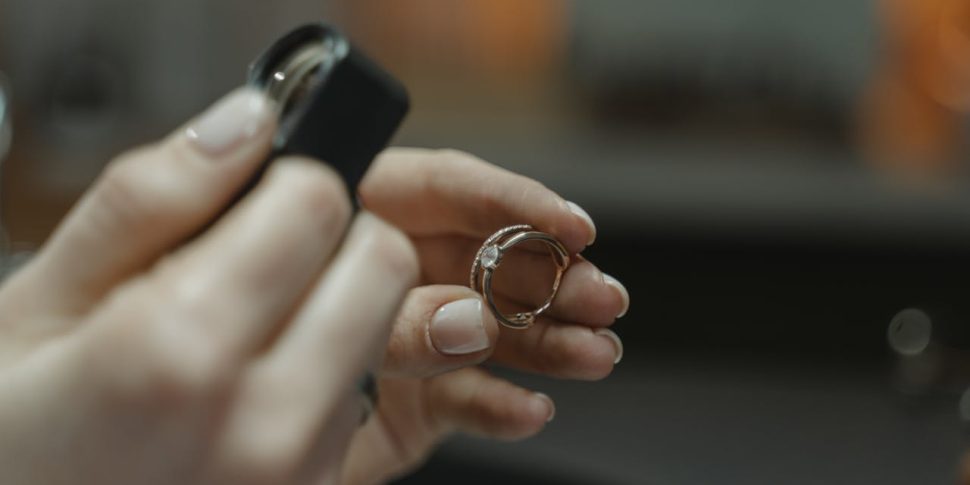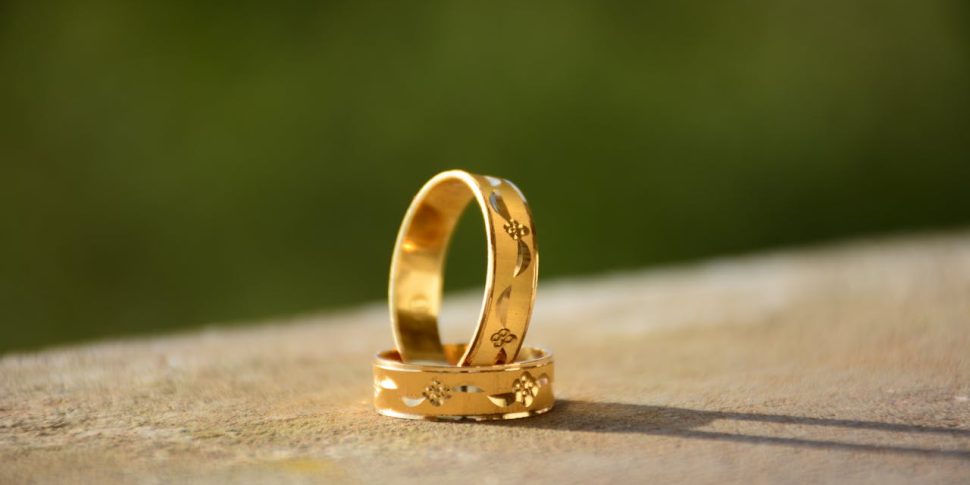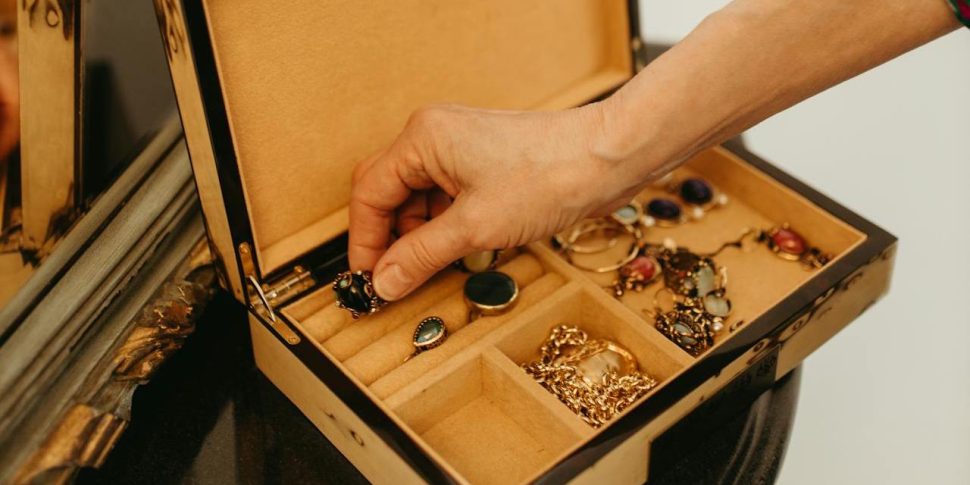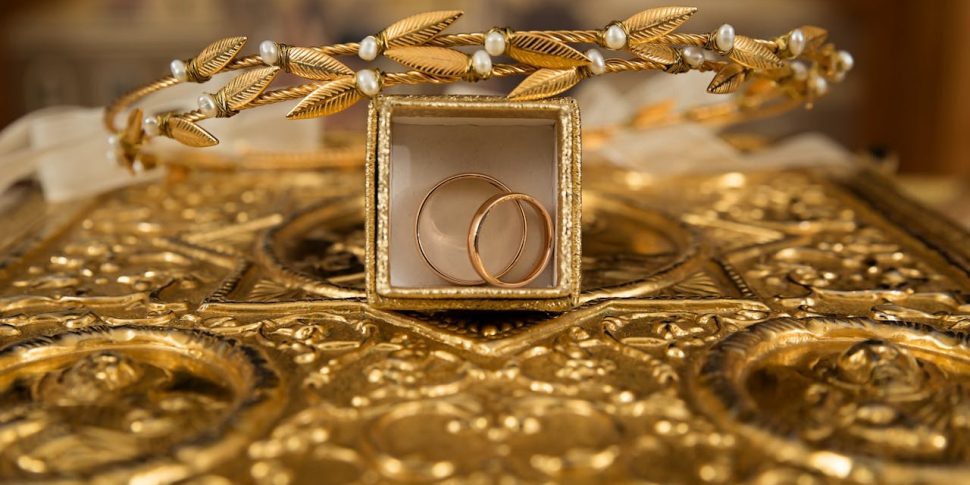Does it ever seem like the holidays have become about overspending at predictable places, both online and off? Between money stress and the pressure to get the perfect item for everyone on your list, it’s enough to give Chicagoland shoppers the blues, and not the good kind.
Here’s the thing you should know: impressing your loved ones doesn’t have to hurt, mentally or financially. When you make shopping fun – for example, by heading to a reliable pawn shop for unique discoveries – the gifting experience immediately gets better.
Go here to read why pawn shops are ideal for finding cool, interesting holiday gifts.
What’s a Better Way to Shop for Christmas & Holiday Gifts This Year?
Just as Fullerton Pawners is always replenishing its inventory of one-of-a-kind goods, we’ve also got plenty of seasonal advice for warding off any gloom.
1. Take the Pressure Off: Redefine What “Holiday Success” Means
The first thing you can do starts at home. Simplify your expectations, whether by hosting smaller gatherings, buying less expensive gifts, or changing shopping habits that feel draining.
The holidays often create pressure to meet picture-perfect standards. You’re allowed to adjust habits that could be causing feelings of angst or guilt right about now.
2. Spend Smart (and Creative) Instead of Big (and Boring)
Have you set a realistic gift budget for yourself? Doing so can help guide you toward more peace-inducing decisions that align with your actual values. With that in mind, explore nontraditional shopping options this year, like gently used items, refurbished electronics, or unique finds at a local store that buys and sells them.
Overspending is one of the biggest drivers of holiday anxiety. People forget that thoughtful doesn’t have to mean expensive, and great gifts don’t have to come with a tag on them.
3. Hidden Treasure Shopping: Don’t Overlook Pre-Owned Luxury
Many pawn shops carry brand-name items on everything from power tools and gaming consoles to designer handbags, fine jewelry, and luxury watches, often in excellent condition. Too many folks assume pawn shops only carry low-end or worn-out items, so they overlook an affordable source of high-quality gifts that might be right down the street from them.
You can maintain your true values while doing a little name-brand gifting here or there. For instance, we carry (and also purchase or hold as loan collateral):
- High-end watches
- Gold jewelry
- Products made of platinum, silver, and other precious metals
- Art and other valuables
4. Trade or Sell Unused Items to Relieve Financial Stress
Need a few extra dollars to get you through the next month? Consider clearing out unused electronics, tools or jewelry and selling or pawning them to generate extra cash. People rarely think of creating money from what they already own. It’s a great way to relieve temporary financial pressure without taking on debt.
You might be surprised what the resale value is of that swank watch you never wear. Bring in your antique jewelry or other little-used valuables and we’ll let you know how much money you can get for them.
5. Support Local Shops & Feel Connected to Your Community
Visit small businesses including nearby pawn shops instead of sitting at home, clicking through big online retailers. Shopping locally will give you a bigger sense of community, especially at a time when loneliness and isolation tends to peak. The personalized service and unique items are an added bonus to the experience.
6. Give Gifts With a Story
Some people prefer gifts with a little character. You know the one on your list. The aunt or nephew who’s into vintage finds or pretty much anything with an intriguing history behind it.
Pawn shops are full of items that spark conversation, and good owners will tell you all about the stories behind them. These types of gifts feel more meaningful to the recipient even if they’re inexpensive. Many shoppers overlook how powerful a “unique find” can be compared to mass-produced items.
7. Create a Mood Reset with a Gratitude Ritual
Not everything is about shopping. It’s the “spirit” of the holidays, remember?
We’re not talking anything elaborate. Just an end-of-year reflection, gratitude journal entry, or small act of kindness can often do the trick. Simple mental resets like these can be enough to counter the seasonal slump. It reminds people how effective small gestures and traditions are at counteracting gloomy moods during this chaotic time of year.
8. Include Experiences, Not Just Stuff
If you’re truly low on cash, you might try #4 above. However, it might help to weave some low-cost or free experiences into the coming weeks. Take a stroll with a child past the festive lights in your neighborhood. Have a game night or movie marathon with your favorite holiday themed flicks from your childhood.
Experiences are known for combatting those blues that pop up unexpectedly. It’s not just that they’re inexpensive and more personal, but that they’re about creating memories and bonding with friends and family.
Come to Fullerton Pawners in Chicago for Awesome GIft Ideas
If you’re looking for ways to boost your cheer level, swing by Fullerton Pawners! We’re happy to chat about things we think are cool that you might like. Call 773-637-9999 beforehand with any holiday shopping questions.




